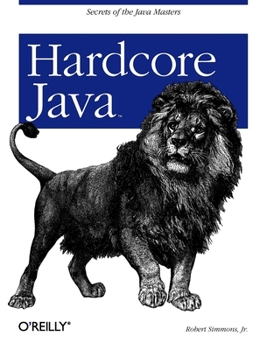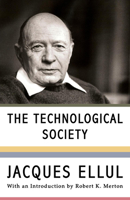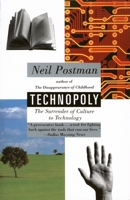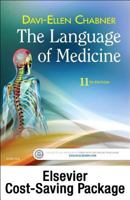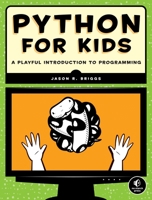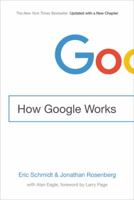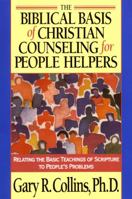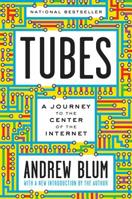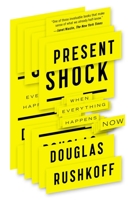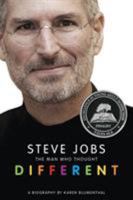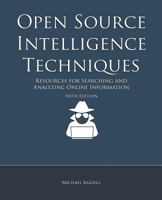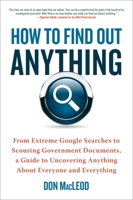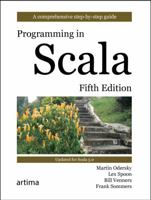Hardcore Java
Select Format
Select Condition 
You Might Also Enjoy
Book Overview
Java has quickly become one of the most important languages in programming, particularly for professional and enterprise-level projects. From its infancy as a language primarily used for web applets to its maturity through servlets, Enterprise JavaBeans, and database access, Java has become a complex and robust tool for today's developer.
Hardcore Java takes this language and breaks it apart, piece by piece, revealing the important secrets and tricks that will take you from a junior-level programmer to a seasoned and expert developer. You'll fly through the fundamentals and quickly find yourself learning about advanced memory management techniques, optimization and bytecode-level enhancements, and the techniques required to build lightning-fast GUIs. Throughout the book, you'll also master the art of writing and maintaining bulletproof and error-proof code, all while grasping the intricacies of the Java language.
Hardcore Java covers:
Use of the final keyword to optimize and protect your Java classes. Complete and thorough coverage of all types of nested classes, including how to optimize anonymous and inner classes. Detailed discussion of immutable objects, including unique tips on when to use them (and when not to). Elimination of bugs through exception-handling management. In-depth studies of constants, including their impact on the Java memory model. The most thorough discussion of reflection in print, moving far beyond other books' "Hello World" coverage. Construction and use of dynamic proxies, in both Java Standard and Enterprise editions. Expansive coverage of weak references, including usage patterns and their role in garbage collection and memory management.Hardcore Java is an invaluable addition to every programmer's library, and even the most advanced developers will find themselves moving beyond their own conceptions into truly advanced applications of the language. Thousands of lines of code, heavily commented and easily runnable, illustrate each concept in the book.Related Subjects
Computers Computers & Technology Education & Reference Java Languages & Tools ProgrammingCustomer Reviews
Rated 5 starsGood Book on Becoming a Better Java Programmer
If you are serious about developing a mindset to becoming a better programmer, this is a very good book. To profit from it one has to actively engage with the ideas and material presented. No cookbook here. It is truly unfortunate that so many reviews are so disparaging; it may be the reviewers were looking for a cookbook approach, and that of course is not what this book is about. If you are prepared to learn, this book...
0Report
Rated 5 starsSuper Dense Information fit for Programmers of all levels
Most books that I have deal mostly with APIs. You have books on beans and security and so on. If you take out the API documentation, half of the book is gone. What Simmons does is clearly pack a great deal of information into a small volume. He has many techniques that will improve your life as a developer by improving the quality of your code. In fact, I would say that code quality is the focus of the book. I disagree with...
0Report
Rated 5 starsShould be required reading for Java programmers
This book should be required reading for anyone who calls themselves a Java programmer. The idea behind the book is to re-introduce engineers to the entire flavor of the Java language. Chapter one shows basic language elements like short-circuited if statements. Chapter two covers using the final keyword. Chapter six is an excellent introduction to using inner classes. This is one of the best chapters in the book.Chapter...
0Report
Rated 4 starsGood explanations of proxies and References
The author is certainly spot on about saying his book is not for Java beginners. What Simmons tries is to take you beyond the scope of most Java books, that first have to teach syntax. He assumes you are quite comfortable with Java. But he discusses topics that may give you a deeper understanding.He starts off simply enough, by emphasising that you should use "final" where ever it is made possible by the logic behind your...
0Report
Rated 5 starsFirst impressions quite ok
The author makes the point in the preface that this book is intended for an intermediate to advanced audience. I'm coming from c++ with some limited Java experience and this book is quite readable for me.(I'm only up to page 42, but understanding everything..) His code examples are well done. I think the value of this book is in all the little gotchas you might otherwise have to learn about at the debug stage. Funny how...
0Report











